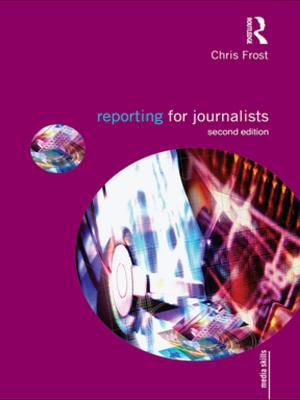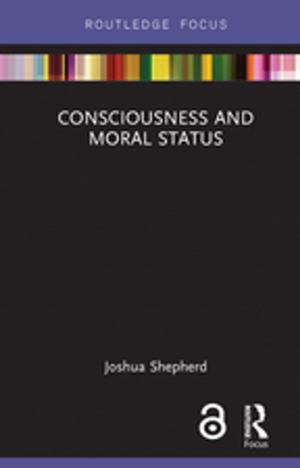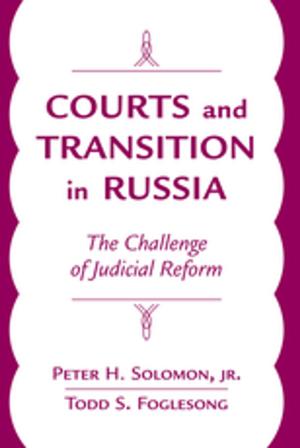Auditor Independence
Auditing, Corporate Governance and Market Confidence
Business & Finance, Finance & Investing, Corporate Finance| Author: | Ismail Adelopo | ISBN: | 9781317177425 |
| Publisher: | Taylor and Francis | Publication: | April 8, 2016 |
| Imprint: | Routledge | Language: | English |
| Author: | Ismail Adelopo |
| ISBN: | 9781317177425 |
| Publisher: | Taylor and Francis |
| Publication: | April 8, 2016 |
| Imprint: | Routledge |
| Language: | English |
In Auditor Independence, Ismail Adelopo argues that the importance of auditors' independence cannot be over-emphasised. Not only do auditors provide certification of the truth and fairness of the information prepared by managers, they also have a duty to express opinions on the degree of compliance with laws and regulations guiding a firm's operations. Theirs is a socially important responsibility. In all that has been proposed to mitigate the governance crisis and restore confidence in the market system, relatively little attention has been paid to auditor independence. Examining the historical role of auditing in corporate governance and the regulatory context, this book sets the function within a theoretical framework and then provides empirical analysis of the problem issues such as the relationship between audit committees and external auditors and the probity of providing non-auditing services to audit clients. The focus on matters that are damaging to market confidence and threatening to the reputation of the auditing profession, means the conclusions and recommendations in this book are important for key stakeholders, including policy makers, regulators, those running companies, and their investors and customers. This is also a book for those responsible for training in the auditing profession and for others with a research or academic interest in the matters addressed.
In Auditor Independence, Ismail Adelopo argues that the importance of auditors' independence cannot be over-emphasised. Not only do auditors provide certification of the truth and fairness of the information prepared by managers, they also have a duty to express opinions on the degree of compliance with laws and regulations guiding a firm's operations. Theirs is a socially important responsibility. In all that has been proposed to mitigate the governance crisis and restore confidence in the market system, relatively little attention has been paid to auditor independence. Examining the historical role of auditing in corporate governance and the regulatory context, this book sets the function within a theoretical framework and then provides empirical analysis of the problem issues such as the relationship between audit committees and external auditors and the probity of providing non-auditing services to audit clients. The focus on matters that are damaging to market confidence and threatening to the reputation of the auditing profession, means the conclusions and recommendations in this book are important for key stakeholders, including policy makers, regulators, those running companies, and their investors and customers. This is also a book for those responsible for training in the auditing profession and for others with a research or academic interest in the matters addressed.















